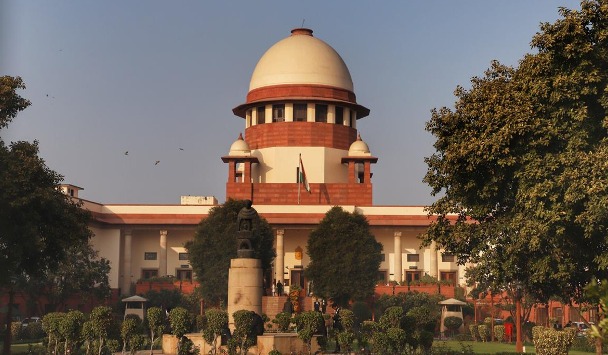
The Supreme Court has recently reiterated that bail orders should not be lengthy and should be disposed of quickly without detailed examination/elaboration of evidence.
On May 10, in an order passed by a bench of Justices BR Gavai and Sanjay Karol granted bail to Kadar Inamdar (accused in the murder of Shiv Sena leader Rahul Shetty).
The Court invoke an order from last month where it derogate the practice of detailed elaboration of evidence in bail orders and urged all courts in the country to ensure that bail orders aren’t lengthy and are pronounced on time.
The Court said that “Recently, this Court, vide order dated April 27, 2023, had deprecated the practice of detailed elaboration of evidence in the orders granting/rejecting bail/anticipatory bail. This Court also depreciated the practice of long delay between reserving the matter for order and pronouncing the order. We had observed that in the matters pertaining to liberty of citizens, the Courts are expected to decide the matters expeditiously.”
The bench heard an appeal filed by Inamdar challenging a September 29 Bombay High Court order by declining his bail plea.
The Supreme Court noted that the Bombay High Court order refused bail to Inamdar ran into 16 pages and was delivered almost 3 months after it was reserved.
Furthermore, the Court noted that the State government has not filed an appeal against bail granted by the Bombay High Court to another accused in the same case.
The Supreme Court then observed that “In the present case the order is pronounced almost three months after it was reserved. Upon perusal of the charge sheet as well as the impugned order it cannot be said that the role of the petitioner herein stands on a higher pedestal than that of the co-accused, the petitioner has been incarcerated for about two and a half years, the charges are yet to be framed.”
Therefore, the Court directed that Indamdar be released on bail subject to the terms set by the trial court.




